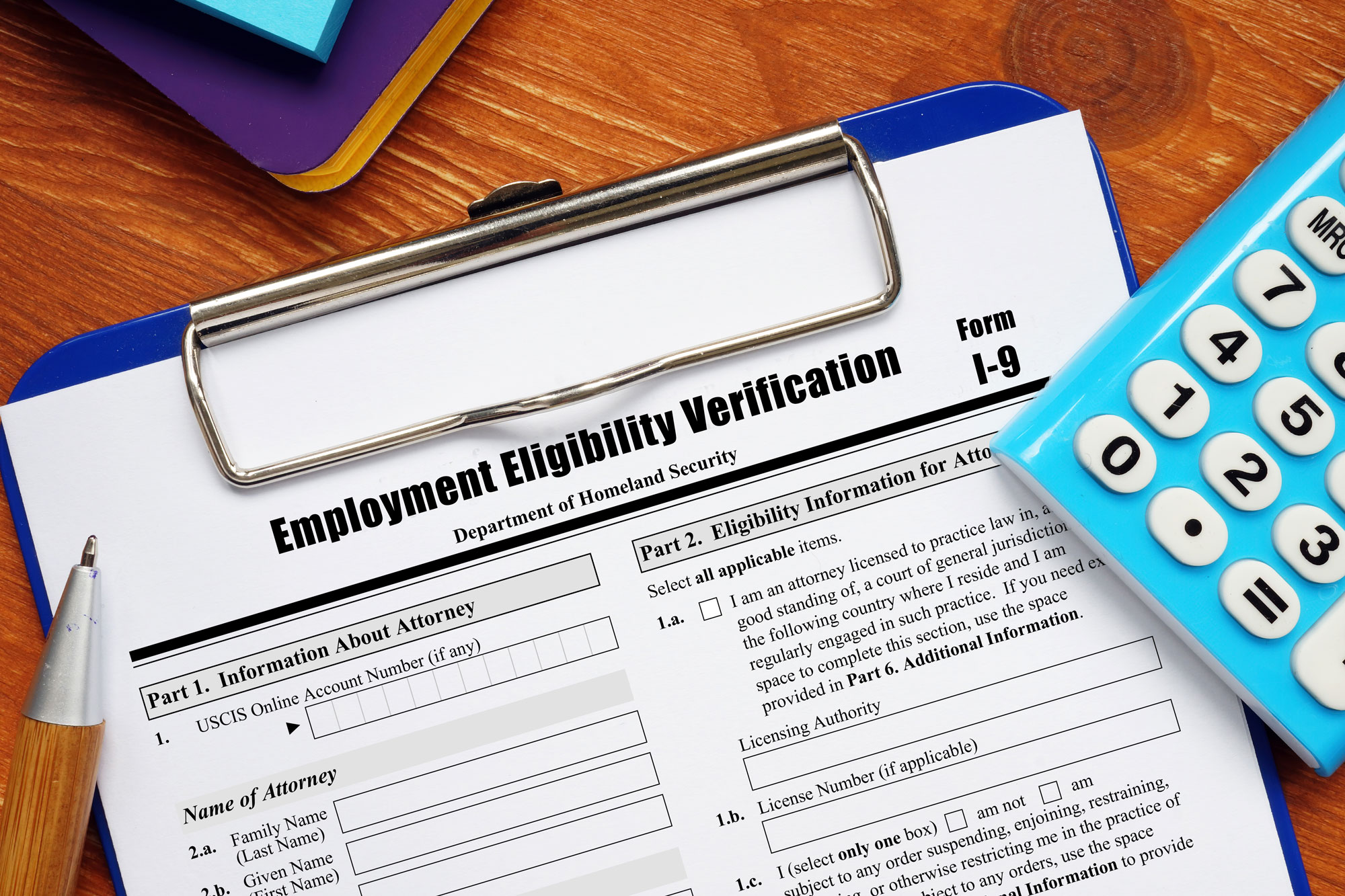
Address your I-9 questions and concerns before official audit
Question
Should an employer conduct an I-9 internal audit?
Answer
Yes. Any company’s HR department should regularly review their I-9 records for their employees. In light of the Department of Homeland Security’s (DHS) temporary exemptions regarding I-9 remote verification that haven’t yet been made permanent, U.S. employers should ensure I-9 compliance by conducting an internal audit.
Generally, I-9s are often administered by a variety of HR personnel or other managers and employees with limited training. With rapid DHS policy changes as a result of COVID-19, it can be difficult for a company’s personnel to stay up to date on I-9 rule changes and ensure compliance in this new remote work era. This is why conducting an I-9 audit (to identify issues, verify and update records, and address any problems) would provide you with an indication of good-faith compliance with the Immigration Reform and Control Act of 1986 (IRCA).
Good-faith compliance is a primary defense in the event of a civil fine or criminal prosecution. Other indications of good-faith compliance would include annual training for your employees who consistently handle I-9s, as well as standard policies for reverification and I-9 processes. Internal audits allow you the opportunity to review the I-9s at your own pace as opposed to the 10-day notice provided before an Immigration and Customs Enforcement (ICE) audit.
During the I-9 audit, at no point should you discard or white-out mistakes on previous I-9 forms. Corrections or additions should be initialed and dated.
The primary focus of any internal audit should be on ensuring all current and recent employees have a completed I-9. This can be done easily by comparing payroll records against I-9 records. Copies of identity documents that have been retained should match the recorded information. If an employee has indicated temporary work authorization in Section 1, you should reverify when appropriate.



